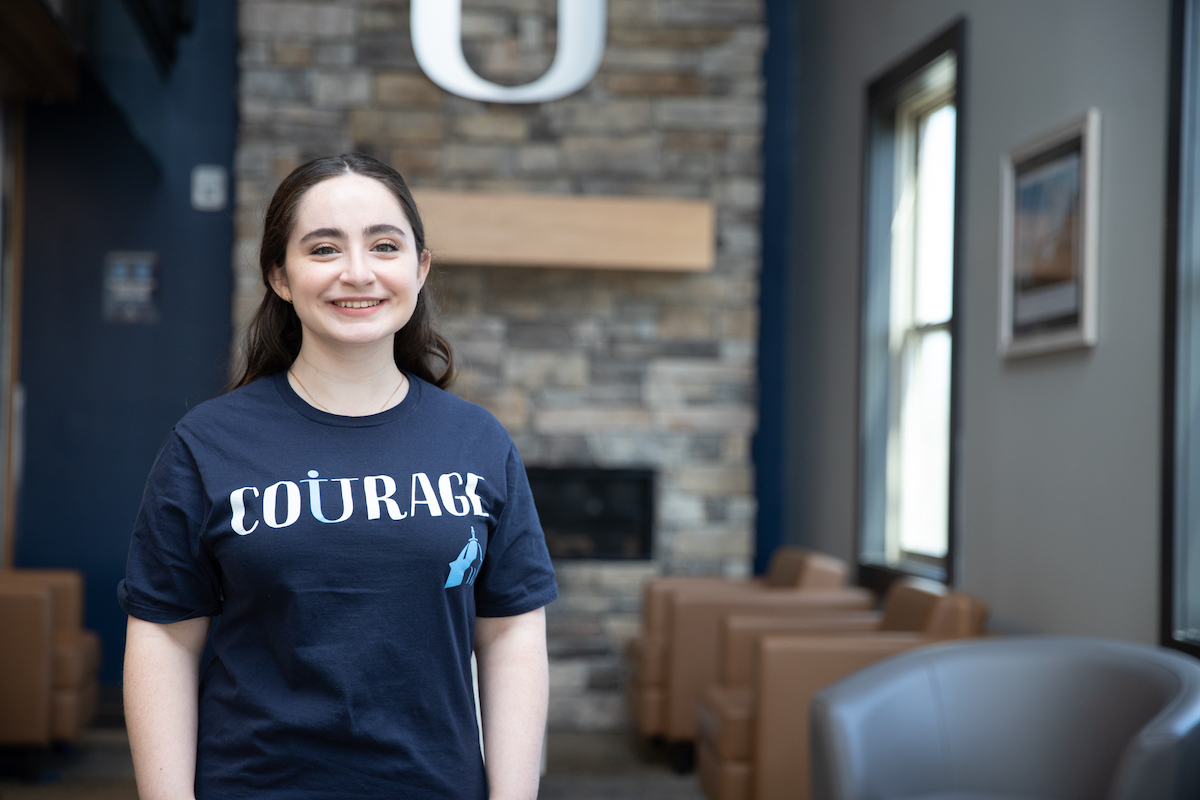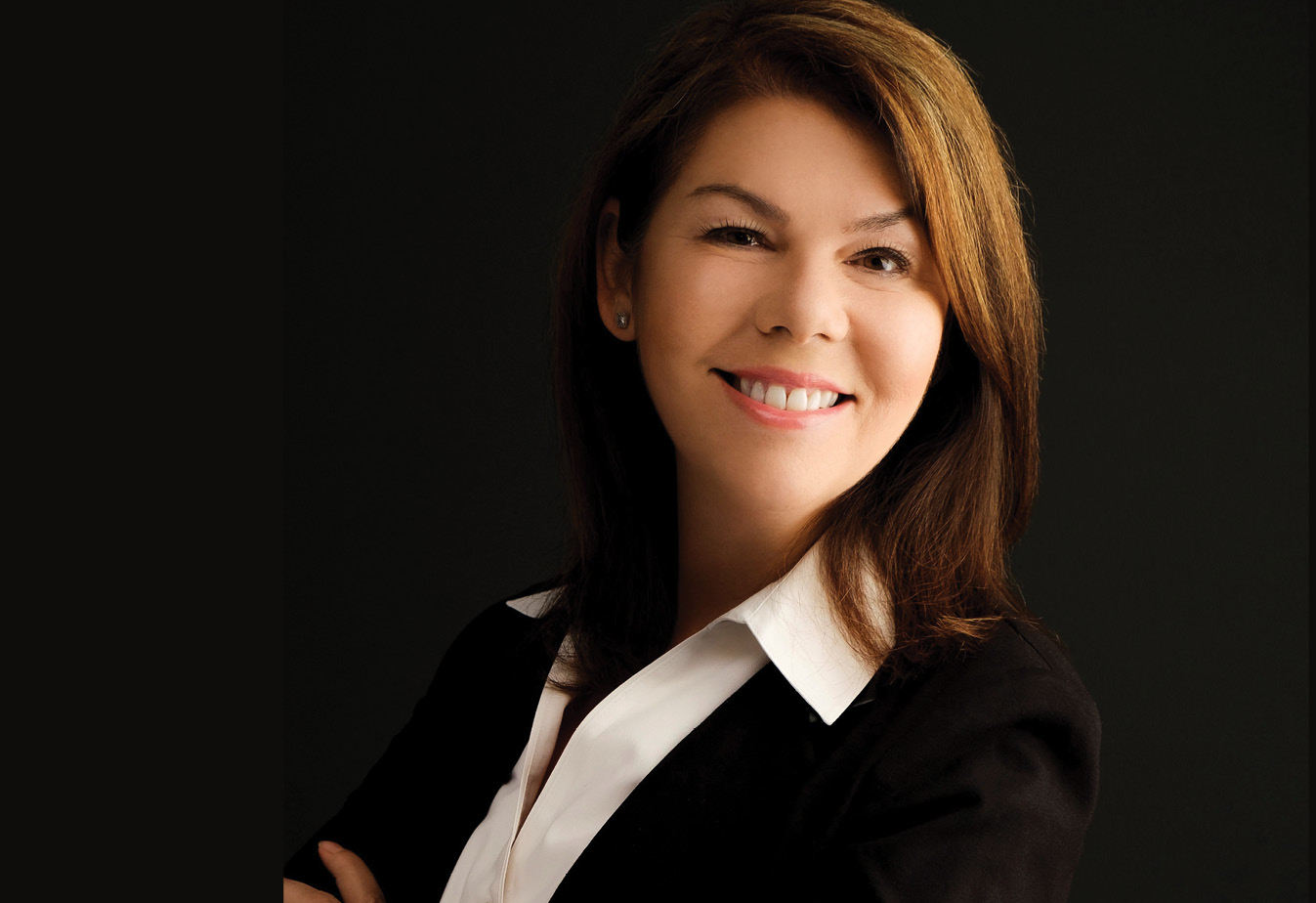Dalina Soto ’15 M.A., R.D.N., a Dominican American and bilingual dietitian, loves helping Latinas and people of all cultures learn healthy eating habits within their own cuisines. She wants her clients to enjoy traditional dishes with moderation and awareness, not guilt. Instead of dieting, Soto advocates for intuitive eating, a framework developed by two dietitians in 1995. Soto tells her clients that the weight they think they need to be reflects societal pressures, not necessarily medical advice. “Intuitive eating helps you take back your relationship with food,” she says.
1. Stop looking to diets as the solution
Diets failed you; you didn’t fail diets. Dieting can lead to shame, anxiety about food and self-loathing. Sometimes the healthiest practice is to reduce stress and guilt rather than your weight.
2. Listen to your hunger
Give your body energy with a variety of foods—even carbs! Your brain and blood cells need glucose from carbs to function. Under-eating can backfire, increasing primal hunger.
3. Avoid labeling certain foods “good” or “bad”
All foods have a place. Rather than rejecting entire food groups, work toward “food freedom” by nourishing your body with what you want and need.
4. Enjoy your food
Food is meant to be pleasurable. Everyone, regardless of body size, can enjoy food. You don’t have to earn that enjoyment by being “good.”
5. Cope with your feelings, through eating and in other ways
Food is comforting. Many cultures use certain foods in mourning rituals. But coping with food all the time isn’t the best. So identify alternatives that you can use along with eating.
6. Respect your body
Our bodies are diverse, and expecting everyone to look the same is unrealistic. Accept your body’s unique shape and size; don’t constantly try to change it. Find your natural weight, and recognize that that will change over time.
7. Find health care providers who meet you where you are
Health looks different for different people and is influenced by social factors, such as access to quality care, insurance and grocery stores, and food budgets. But we don’t have to buy overpriced supplements or eat only organic to be healthy. Find health care providers who don’t so much tell you what to do but help you meet your health goals.
For more tips on how to respect and nourish your body, visit Soto’s website at yourlatinanutritionist.com.





